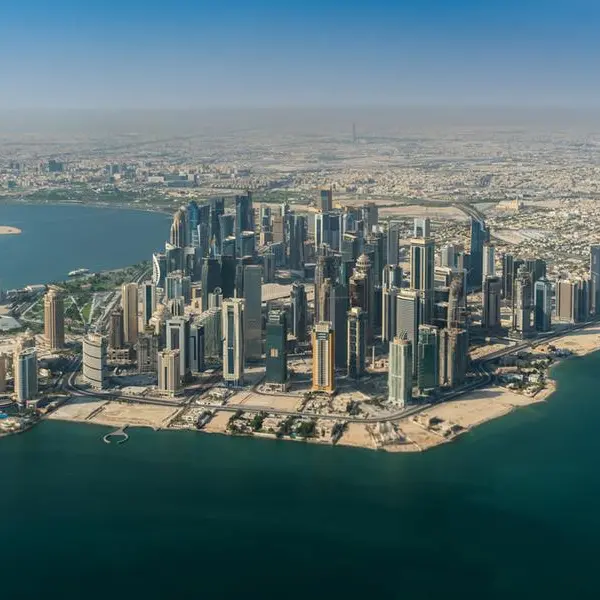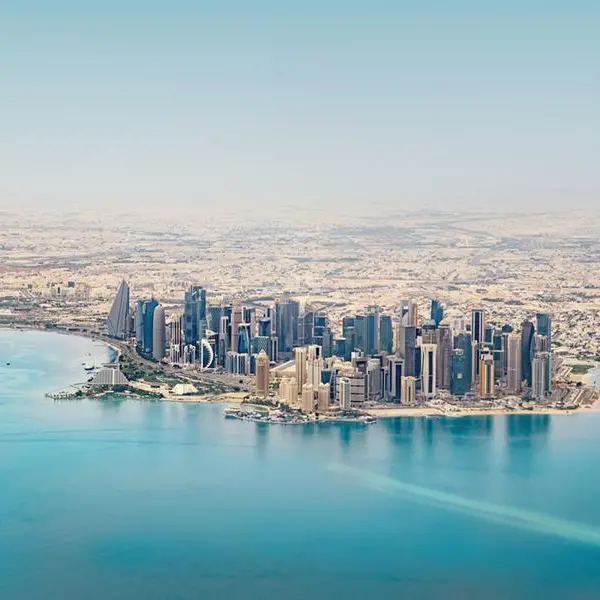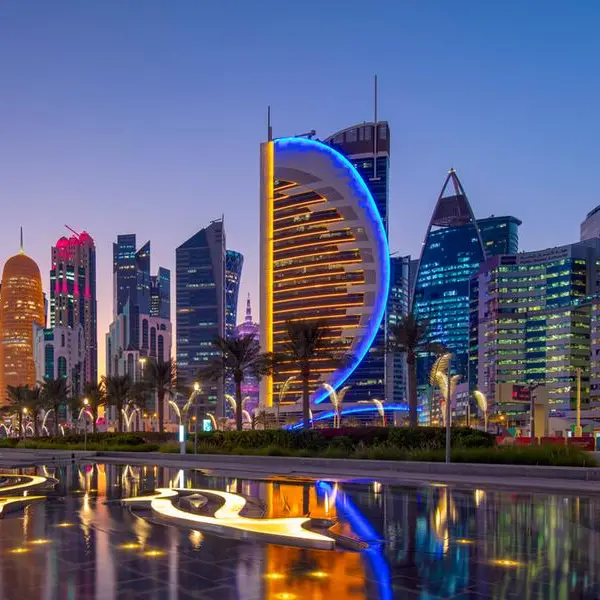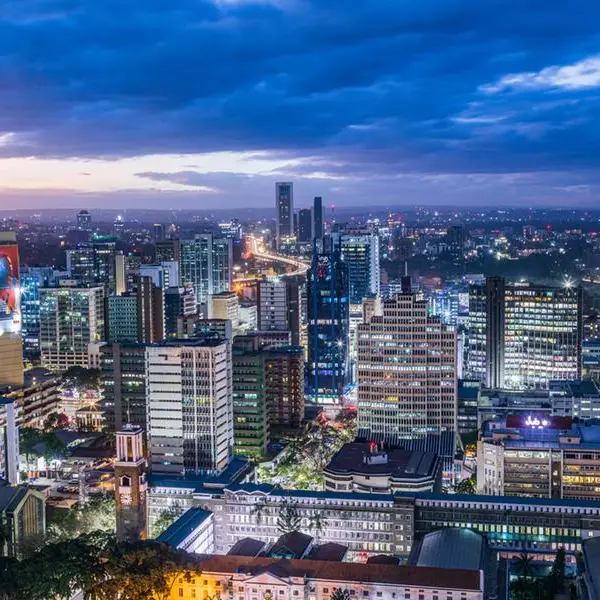Bahrain's first solar-powered home owner is encouraging others to follow suit, saying his electricity bills had halved as a result.
Homes are now able to be fitted with solar panels, which supplement the traditional power supply.
Bahraini Hussein Sanad, 46, was the first to take advantage of the scheme, which feeds unused solar-generated electicity back into the national power grid.
He said he was already reaping the benefits.
“There are so many benefits to using this system when it comes to energy bills and they are all excellent,” the married father-of-four told the GDN.
“First of all, it reduces energy use – which means a lower electricity bill. People who are careful and energy-sufficient can save even more by not turning on all the ACs in their homes all the time.
“The amount generated from the panels is then deduced from your total bill at the end of the month.
“Let’s say you generate a BD25 bill, you can get BD10 to BD15 off depending on your use and the weather.
“It feels great to be one of the first houses in Bahrain running on solar energy.
“Hopefully this project is successful so it can be used nationwide.
“We should have been using solar energy a long time ago because of the heat (in Bahrain), but it’s good to see progress and people will gravitate towards it when they see all the benefits and realise there are no drawbacks.”
The first homes to be included in the net metering scheme are located in Al Mussala, near Jidhafs. Owners are able to reduce energy bills by producing their own solar power and then charge the Electricity and Water Authority (EWA) for excess energy pumped back into the grid.
Mr Sanad’s home has been fitted with 24 solar panels that produce 7.8 kilowatts of electricity. This translates to a total capacity of 12,500 units per year, or one-third of the household’s annual consumption.
It costs BD3,500 to install solar panels on homes, which are selected for the initiative based on the amount of direct sunlight they are exposed to – particularly during the middle of the day.
People pay for the installation themselves, but make back the money long-term due to the energy savings.
© Copyright 2018 www.gdnonline.com
Copyright 2018 Al Hilal Publishing and Marketing Group Provided by SyndiGate Media Inc. (Syndigate.info).




















